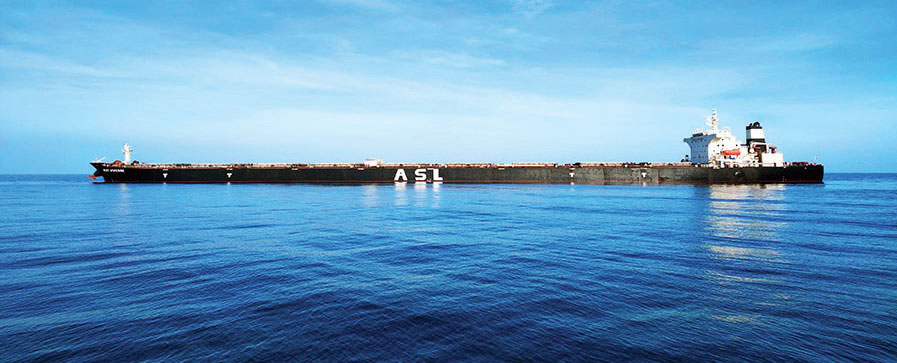Technology makes clean production processes available and steelmakers are deploying them.
Many of the metals industries, it is generally understood, will benefit from robust governmental environmental and climate policies. Aluminum, copper, nickel, and rare-earth metals will all see increases in demand since they are key to the deployment of renewable energy systems and infrastructures.
Steel may not be an obvious choice to join this list. But steel is important in the construction of wind energy components and smart grids, so, it, too will benefit from these environmental and climate policies, especially with a new administration in Washington pushing them. And, in a trend that started to gain steam late last year, the global steel industry is now undertaking a revolutionary effort to minimize its own carbon footprint.

One of President Joe Biden’s first acts in office was to have the United States rejoin the 190-nation Paris Agreement—the one former President Donald Trump ditched in one of his first official acts. Over 60 countries—including the United Kingdom and almost all of the European Union—have since committed to carbon neutrality by 2050, and the U.S., under Biden, has recently joined that number. Biden’s policies is also one factor supporting continued high steel prices. (See box on page 10)
A recent report from the consultants McKinsey & Co. noted that the steel industry is facing “pressure to reduce its carbon footprint from both environmental and economic perspectives.” Beyond the Paris Agreement, the industry also faces “growing demand for carbon-friendly steel products” and “growing investor and public interest in sustainability.” Steel plants are good candidates for decarbonization, the report noted.
The steel industry currently is among the biggest industrial producers of carbon dioxide globally. Every ton of steel produces an average of 1.85 tons of carbon dioxide, about 8% of global carbon dioxide emissions. “Steel producers,” the McKinsey report concluded, “need to assess, evaluate, and decide on a technologically and economically viable way to decrease their carbon footprint.”
That effort is now being undertaken by technology concerns and steel companies around the world. The efforts fall into two buckets. The first involves reducing, but not eliminating, emissions in blast furnaces that use iron ore as the primary raw material, using carbon-capture technology or by replacing coal with cleaner-burning reducing agents. Reduction is the process of pulling oxygen out of iron oxide ore.

Carbon Neutral
The second involves technologies that have the potential to make steel manufacturing carbon neutral. These electric-arc furnaces typically use steel scrap as the raw material and electricity in the reducing process. One technology under development uses electricity to reduce iron ore.
In October 2020, Kobe Steel demonstrated a technology at the company’s facility in…
View the full article free in the AJOT Digital Edition or by Logging in!
View Digital Edition"industry" - Google News
March 08, 2021 at 08:32PM
https://ift.tt/3qpq5sn
Global steel industry in major decarbonization push - American Journal of Transportation
"industry" - Google News
https://ift.tt/2RrQtUH
https://ift.tt/2zJ3SAW
Bagikan Berita Ini















0 Response to "Global steel industry in major decarbonization push - American Journal of Transportation"
Post a Comment